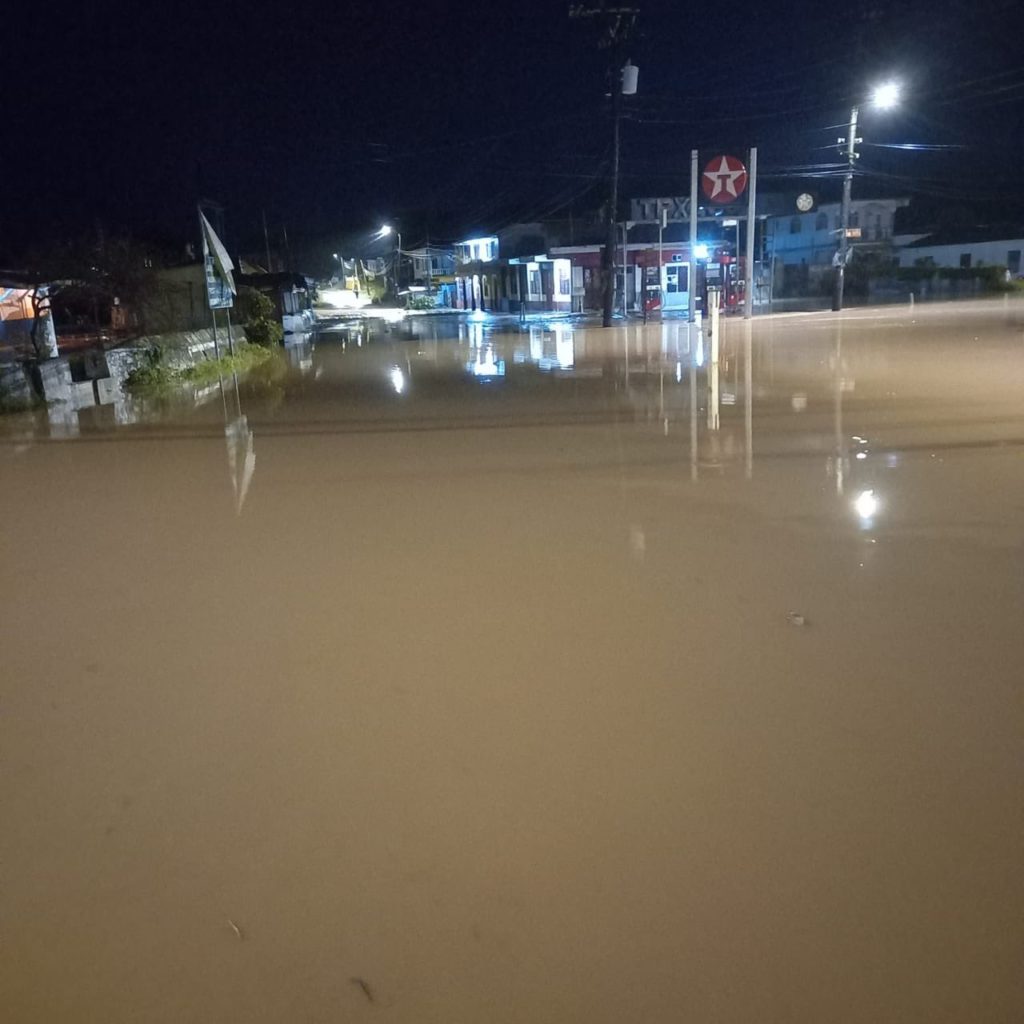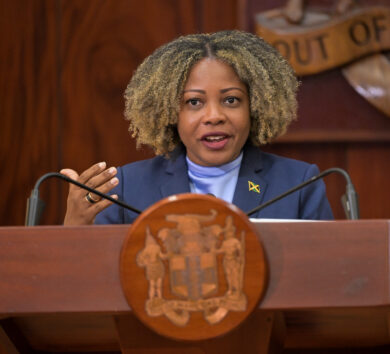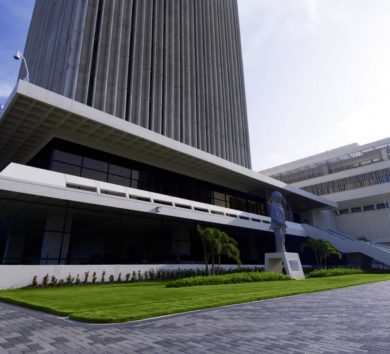

Jamaican authorities are finally moving to streamline responsibility for floodwater control on the island.
Legislation is now being drafted to separate responsibilities under the Flood Water Control Act between the National Works Agency (NWA) and Water Resources Authority (WRA).
This was disclosed by WRA managing director Peter Clarke while addressing the just-ended World Meteorological Organization (WMO) Regional Conference (Regional Association IV) at the Jamaica Pegasus Hotel in New Kingston. The planned legislative changes will see the WRA taking over some of the responsibilities for flood water control from the NWA.
Clarke explained that the current legislative regime provides for the establishment, construction and maintenance of all flood-water control works that fall under the purview of the NWA, arguing some responsibilities are best served under the WRA.
Process moving forward
According to the WRA managing director, “the NWA has been largely responsible for building the structures to handle floods, such as gully ways and those sorts of things. With the separation, what it means is that the aspects that are data-driven, the decisions that will be coming from data and from modelling will then reside with others, in this case, with the water resources regulator.”
Continuing, Clarke added the WRA would then define and present to the National Works Agency the kind of information that they will need to design and construct the proper structures to handle floods and deal with floods.
Established by the Water Resources Act 1995, the WRA is responsible for the management, protection and controlled allocation and use of the water resources of Jamaica. The entity maintains a hydrological database and provides data, information and technical assistance to government and non-governmental institutions.
The three-day WMO regional conference was from February 6 to 9, and attracted more than 60 participants from 20 countries in North America, Central America and the Caribbean. Discussions focused on increasing weather, water and climate resilience in the targeted region.







Comments